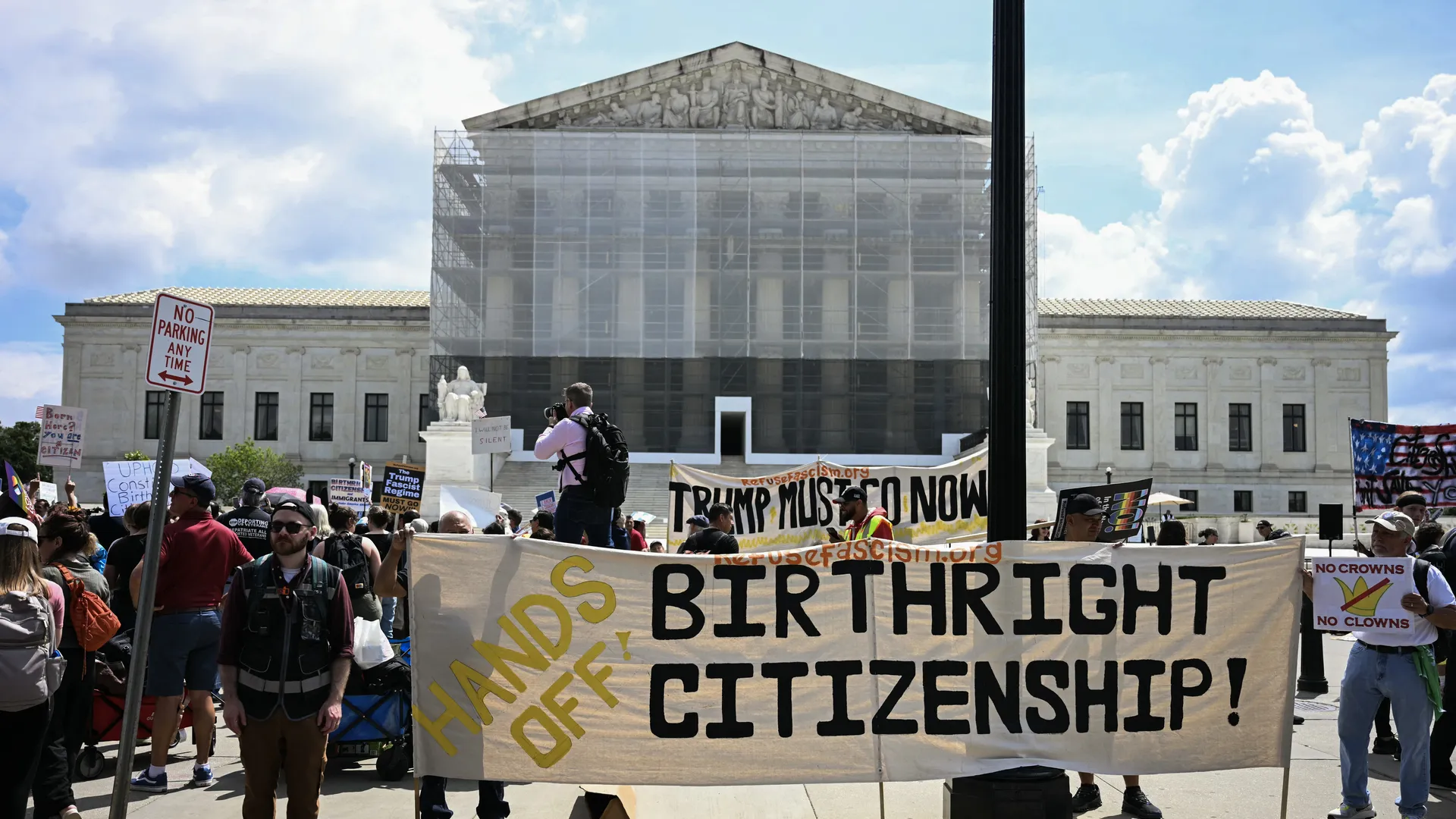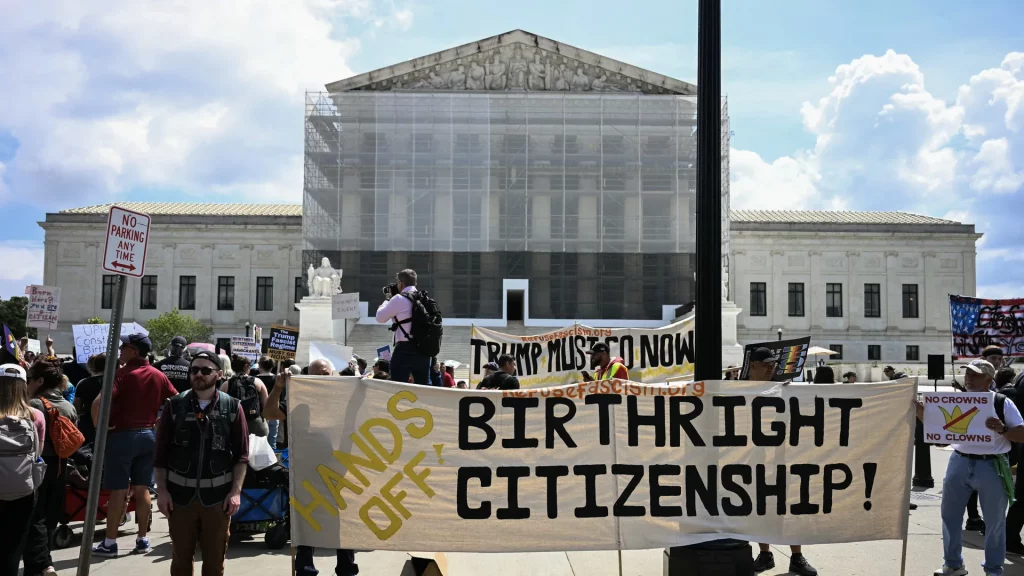A recent Supreme Court ruling has left migrant communities across America stunned, heartbroken, and uncertain about their children’s futures — raising questions no one ever thought they’d have to ask: “Is my U.S.-born child still safe?”
The court’s decision doesn’t end birthright citiznship, but it has opened the door for future legal challenges, potentially weakening one of the most fuandamental rights protected under the U.S. Constitution. Migrant families, especially those undocumented, now fear what comes next.
What Exactly Did the Supreme Court Decide?
The Supreme Court recently ruled in a way that does not eliminate birthright citizenship, but it did allow room for certain legal challenges and reinterpretations at the state level. Legal experts say this opens a dangerous gray area.
While the 14th Amendment still grants citizenship to “all persons born or naturalized in the United States,” this ruling allows certain states to question that right under specific circumstances, especially if the parents are undocumented or under a foreign government’s jurisdiction.
Many fear this is a first step toward undoing decades of legal protection for U.S.-born children of immigrants.
Why Are Migrant Families So Scared?
For years, birthright citizenship has been the one thing many migrant families in the U.S. could count on. Even if parents were undocumented, they knew their children — born on American soil — were legally protected.
Now, that certainty is cracking.
One mother in Arizona said, “My son was born here, he has a passport… but after hearing this, I don’t know what to believe anymore. Will they take that away too?”
Across cities like Los Angeles, Houston, and Chicago, immigrant communities are gathering in fear, confusion, and protest, asking leaders to clarify what this decision really means.

What Are Advocacy Groups Saying?
Immigration advocacy groups are sounding the alarm, warning that the ruling could encourage states to create their own rules about who qualifies for citizenship — something that’s never been done before.
The organization United We Dream called the decision “an attack on immigrant families and children who were born and raised in this country.”
Others like the ACLU and National Immigration Law Center are calling for immediate federal legislation to protect birthright citizenship and stop any attempt to roll it back.
A Quick Look at Birthright Citizenship
-
Based on the 14th Amendment, birthright citizenship means any child born on U.S. soil is automatically a U.S. citizen, no matter their parents’ status.
-
It was adopted in 1868, after the Civil War, to protect the children of formerly enslaved people.
-
Today, it’s a core part of American identity and law — but now it’s being legally questioned in ways we’ve never seen before.

